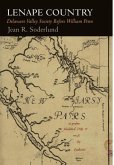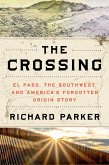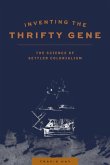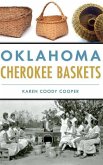The history of First Nations agriculture in Manitoba Informed by the oral histories, speeches, petitions, and writings of Indigenous Peoples in Manitoba, and by Department of Indian Affairs (DIA) records, author Sarah Carter details First Nations’ ancient history of agriculture and the impacts of federal and provincial policy on their agricultural practices during the century succeeding the signing of Treaty 1. Though shaped by the same broad contours of colonialism and resistance as other nations to the west, Indigenous agriculture evolved in ways unique to the First Nations of Manitoba. Over the 100 years examined in this study, First Nations insisted they wanted to farm and persistently called on their treaty partner to live up to their promises of assistance, despite continued neglect and policy-inflicted barriers (including confinement to small reserves with little arable land). Cropped exposes the stranglehold the DIA had on First Nations’ land, resources, and livelihoods and shows the deep roots of First Nations agricultural knowledge.
Bitte wählen Sie Ihr Anliegen aus.
Rechnungen
Retourenschein anfordern
Bestellstatus
Storno








